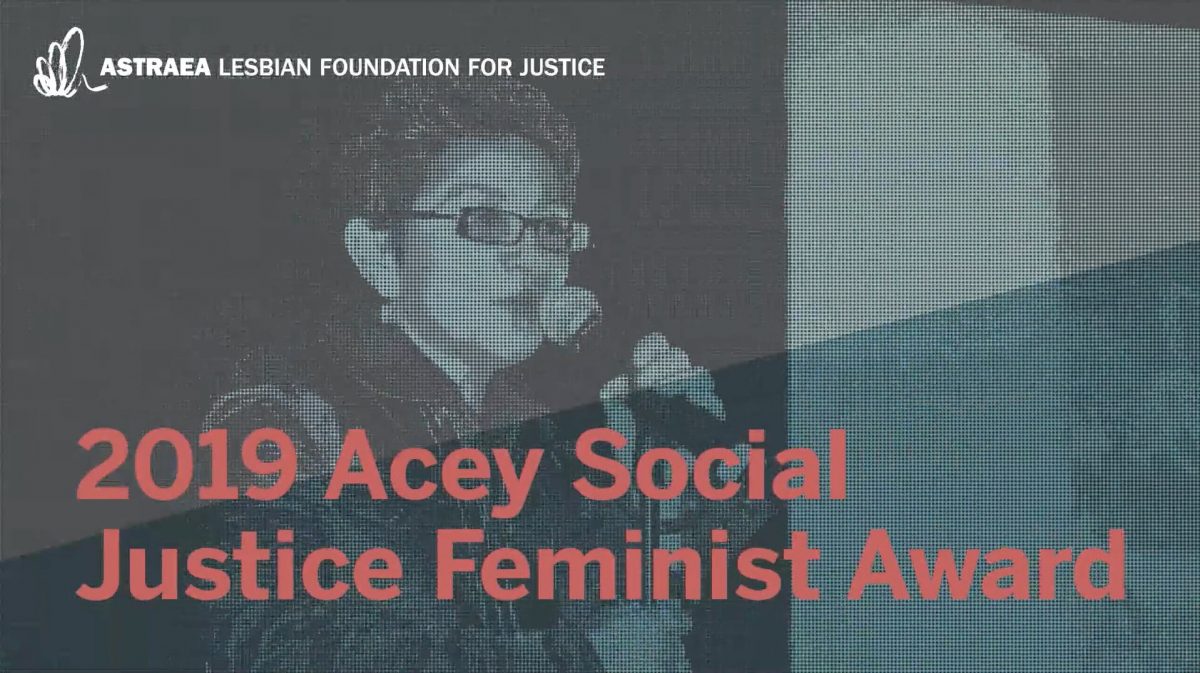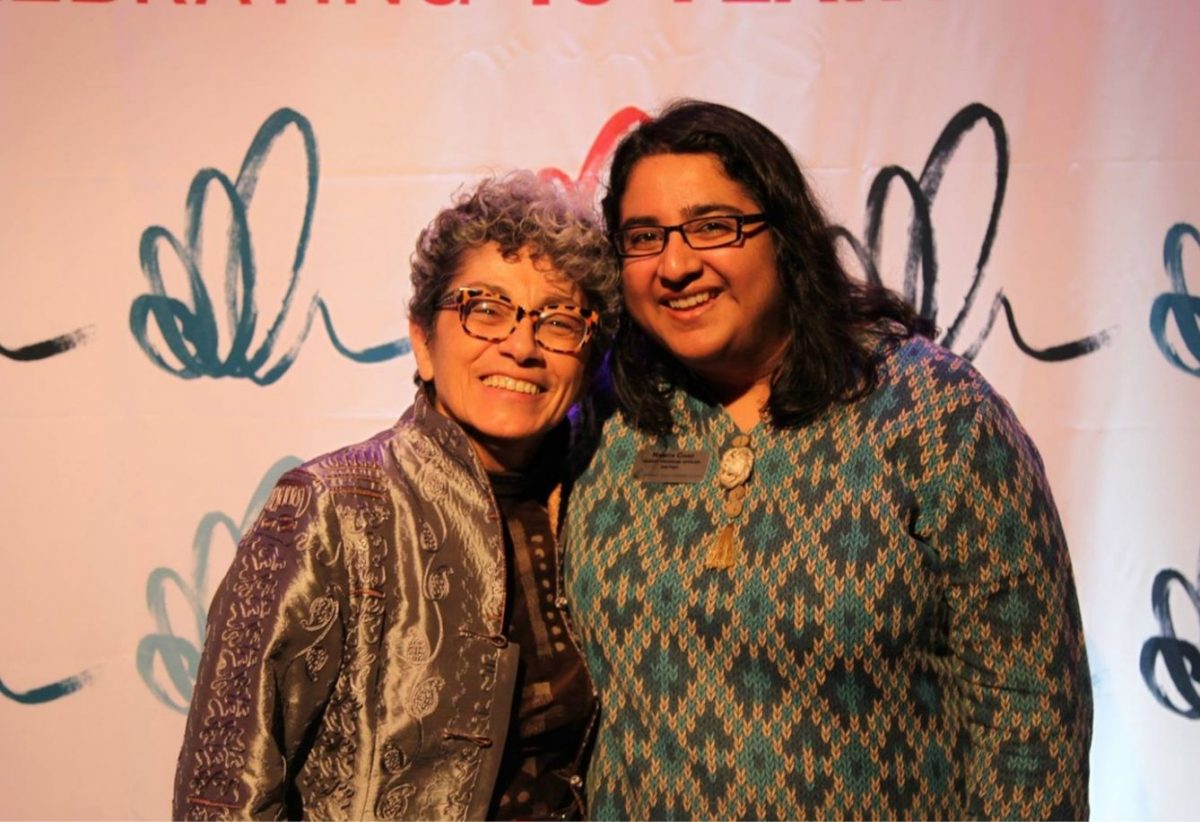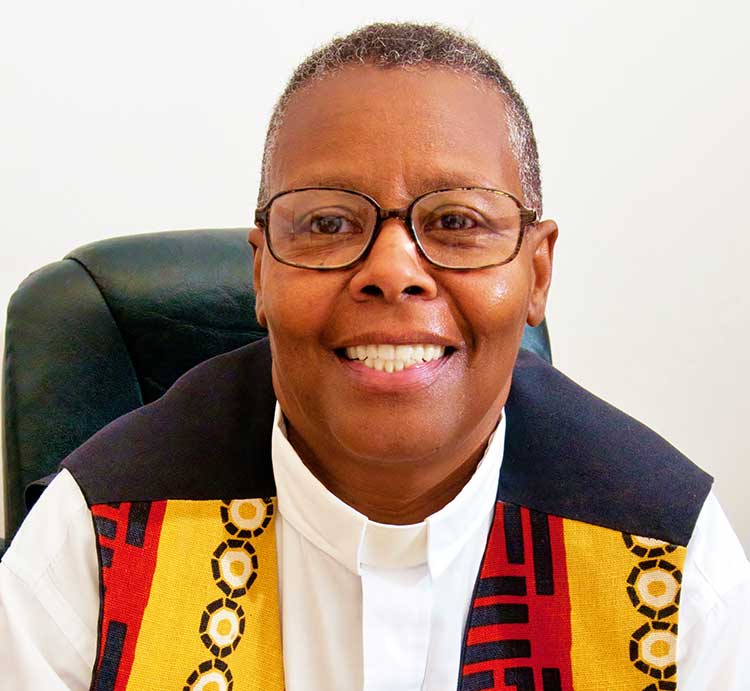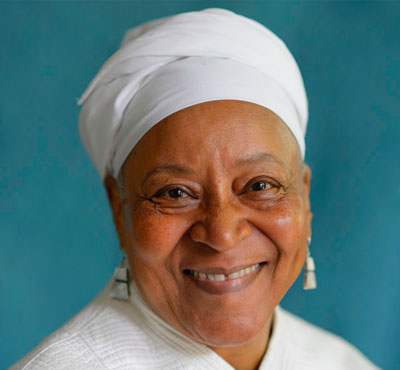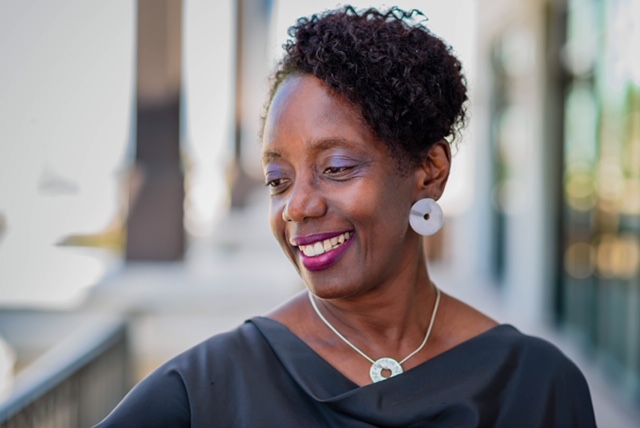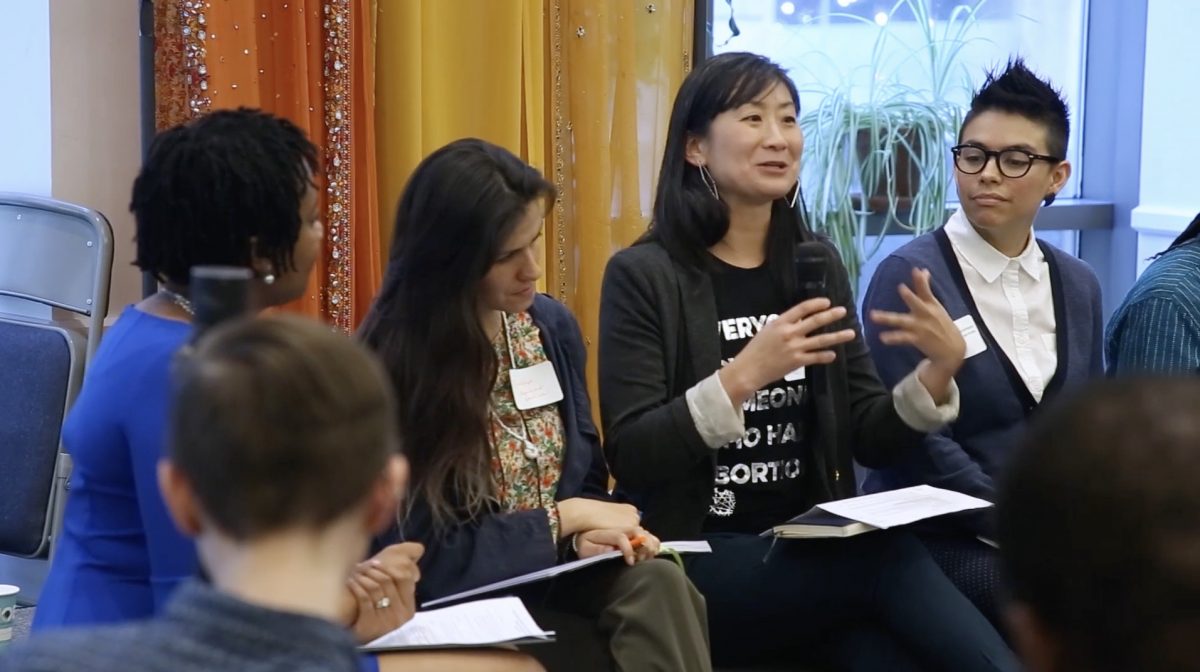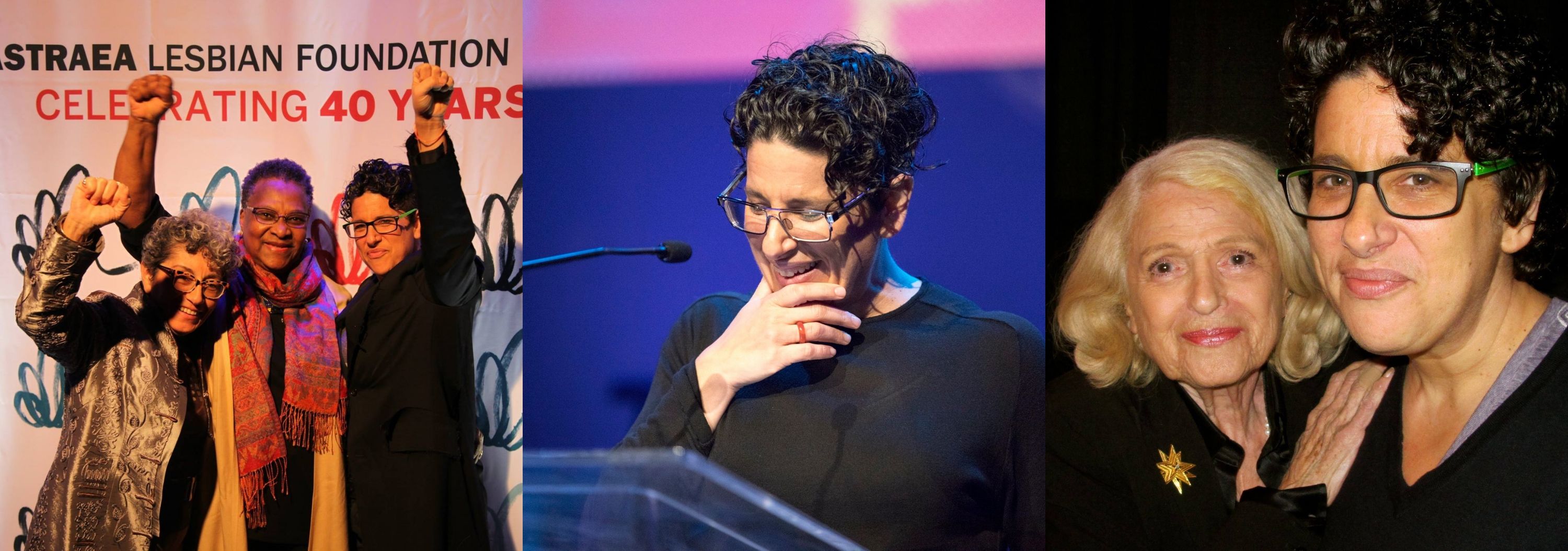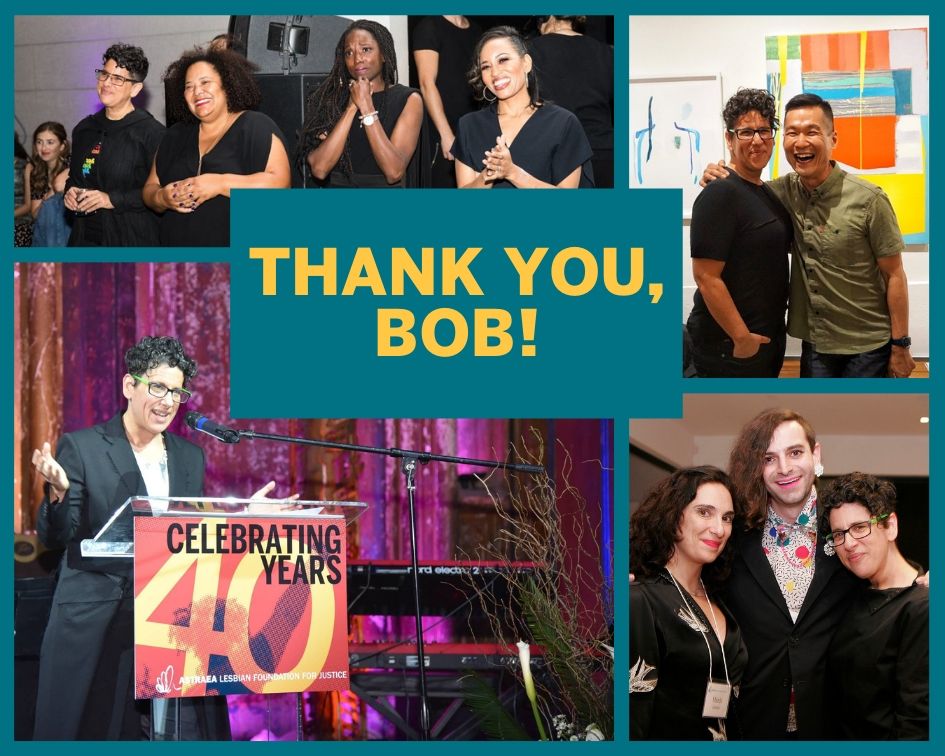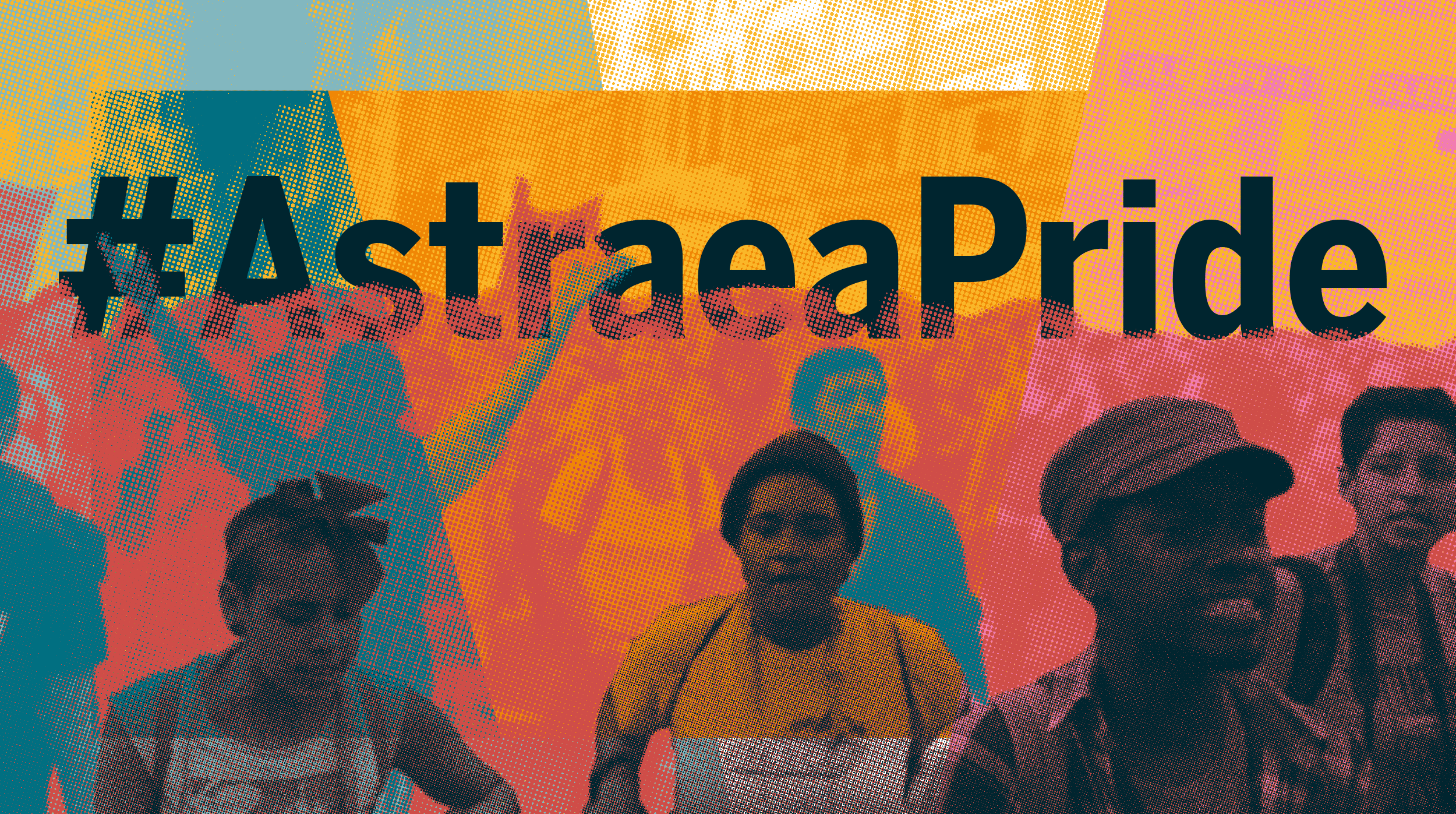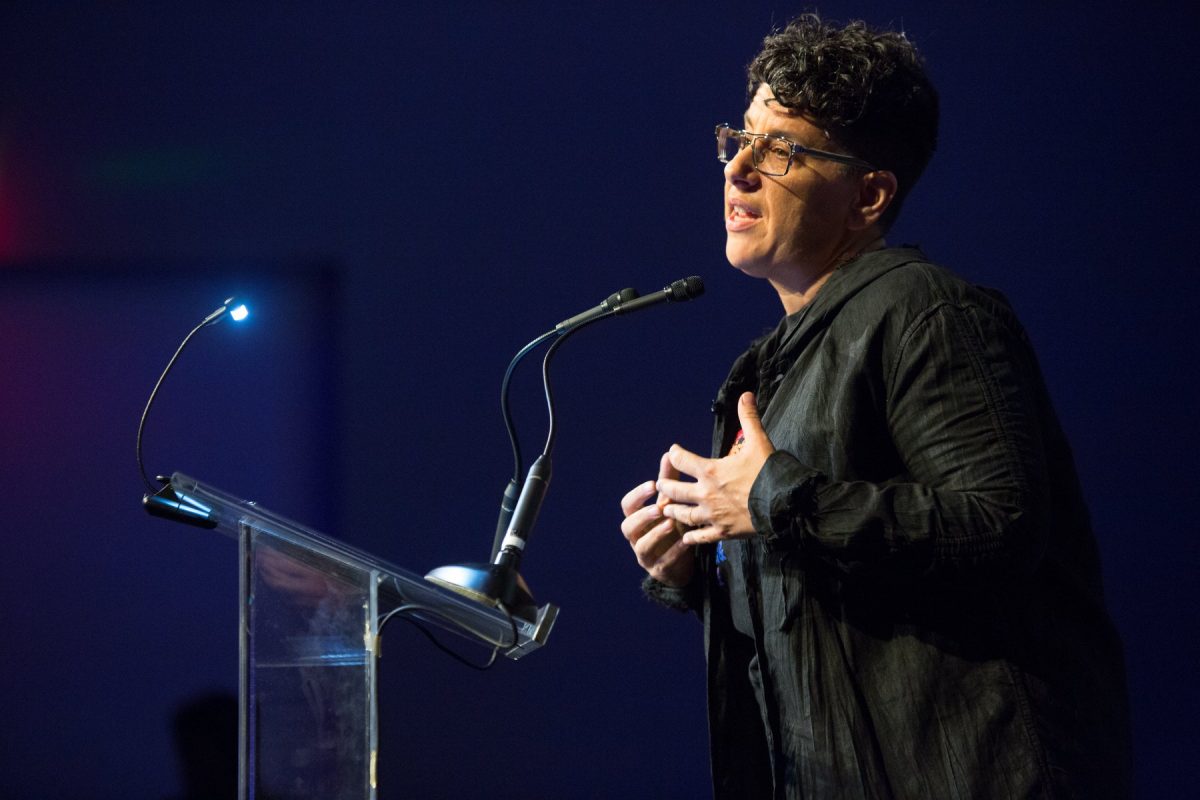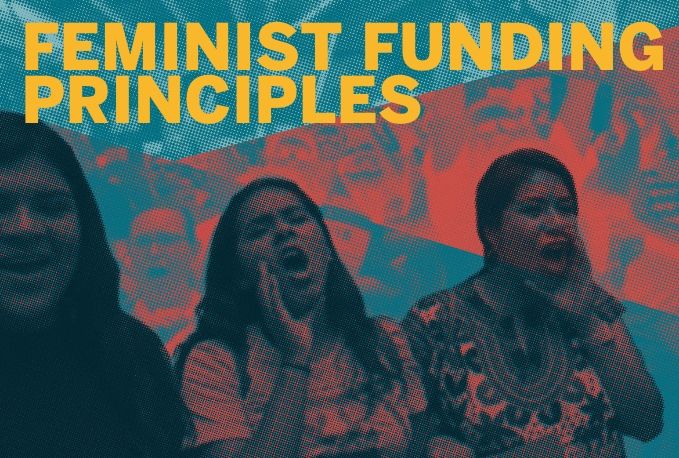Astraea owes its existence and vision to the incredible, bold legacy and work of the lesbian, queer, and trans elders who paved the way for us. Today, we are delighted to uplift that legacy by announcing the awardees of the 2nd Acey Social Justice Feminist Award.
The Acey Social Justice Feminist Award was launched in 2017 as a way for Astraea to honor the lesbian, queer, and trans elders over the age of 62 whose activism and contributions to their communities paved the way for way for new generations of organizers working across the U.S. and without whom we would not be here today.
Please join us in congratulating this year’s four awardees: Julia Bennett, Brenda Joyce Crawford, Miss Major Griffin-Gracy, and Norma Timbang.
Julia Bennett is a healer based in Brooklyn, New York who has provided critical healing support to marginalized People of Color communities in New York City for over 30 years. Brenda Joyce Crawford is an unapologetic butch woman who has been in the thick of social justice work for over five decades; today she lives in Vallejo, California and her activism is based around cannabis justice for seniors. Miss Major Griffin-Gracy is a veteran of the historic “Stonewall Rebellion” and a survivor of Attica State Prison, a former sex worker, an elder, and a community leader and human rights activist. Norma Timbang is a lifelong queer activist whose work is well-known across the Pacific Northwest, where she is from. She has been deeply involved in domestic violence and intimate partner violence work, feminist anti-violence work, and disability justice movements.
The Acey Award recognizes lesbian and trans women of color over the age of 62 who have made under-recognized contributions to our movements, and often have unmet financial needs as they age. The Award was created in honor of Astraea’s Executive Director Emerita, Katherine Acey, who led Astraea for 23 years and is herself a fierce advocate for queer, lesbian, and trans elders, particularly those who are less visible than others.
“This award is an opportunity for us to say to these incredible activist elders: We see you. We love you. We deeply appreciate what you’ve done and what you continue to do,” Acey said.
Join us in celebrating the powerful, lifelong activism of our awardees!
In Solidarity,
Namita Chad
Associate Director of Programs
Meet the 2019 Acey Awardees
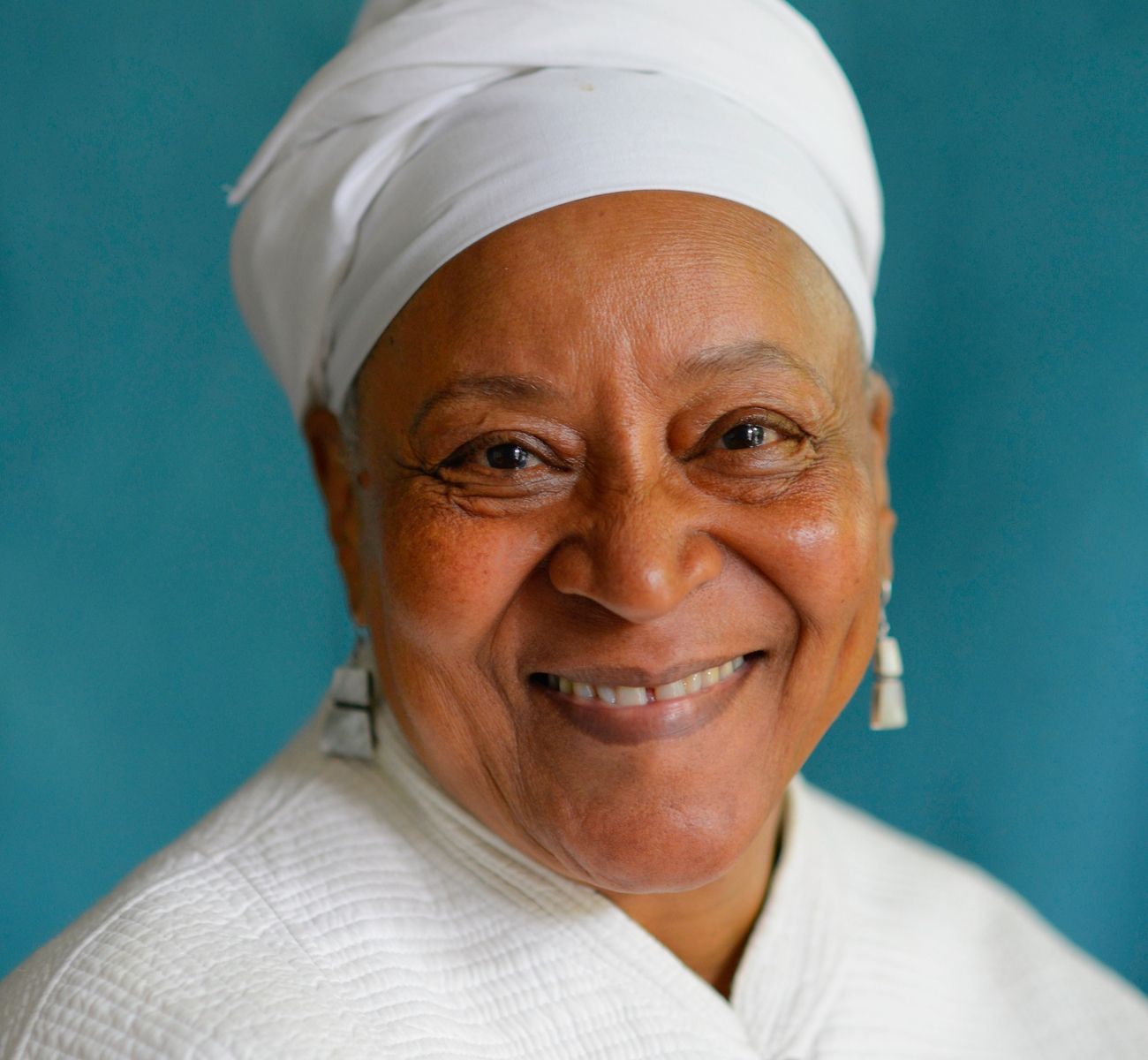
Julia Bennett
Julia Bennett is a Board certified licensed acupuncturist trained in both Chinese and Japanese acupuncture. Her long standing passion is community health and the health concerns of women, women who have tested positive for HIV and AIDS, maternity, infant, and reproductive justice for all bodies. [Read more]
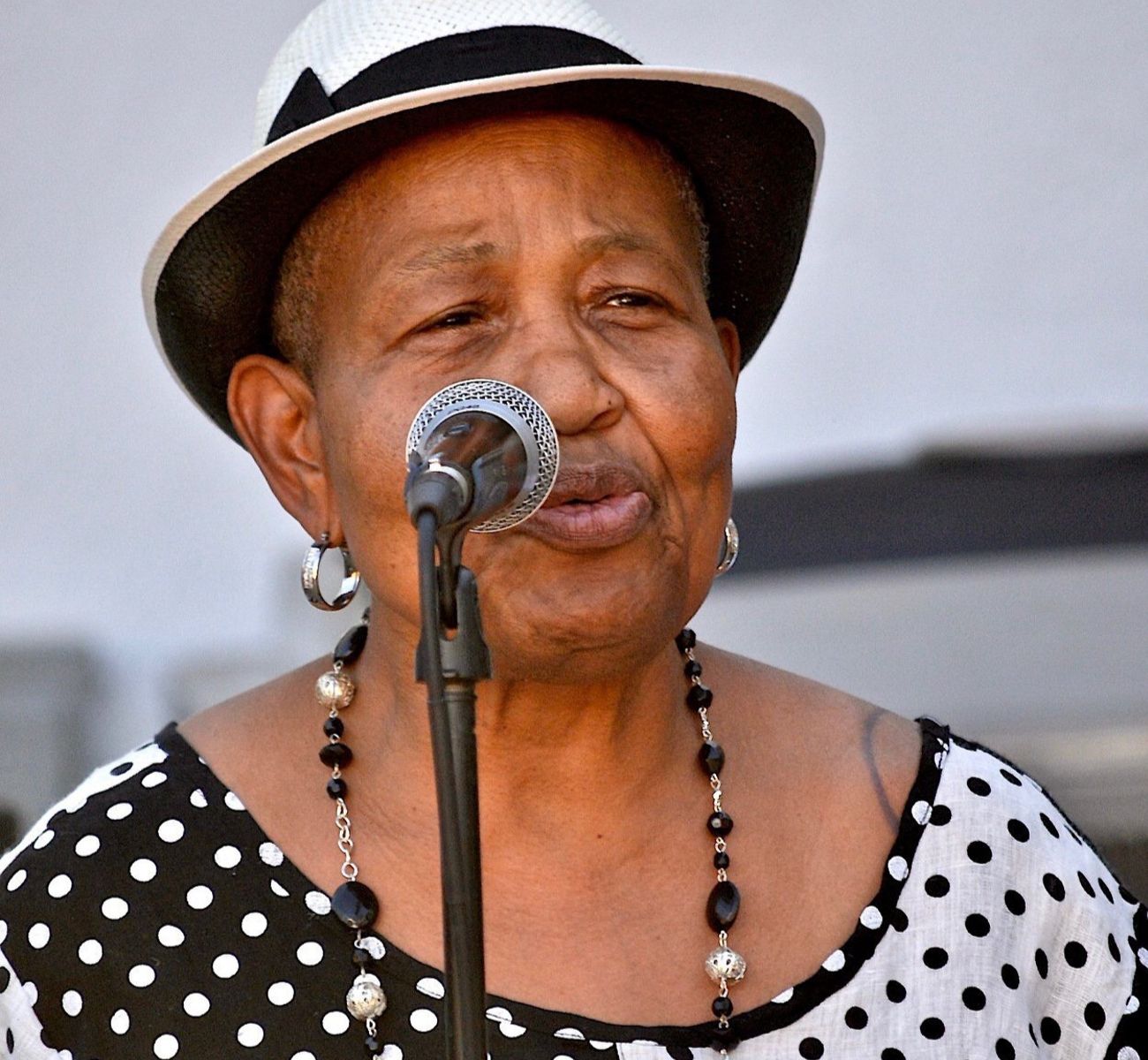
Brenda Joyce Crawford
Brenda Joyce Crawford has been in the thick of social justice work for over five decades. She’s an unapologetic butch woman who comes from a blue collar working class background in the U.S. South. [Read more]
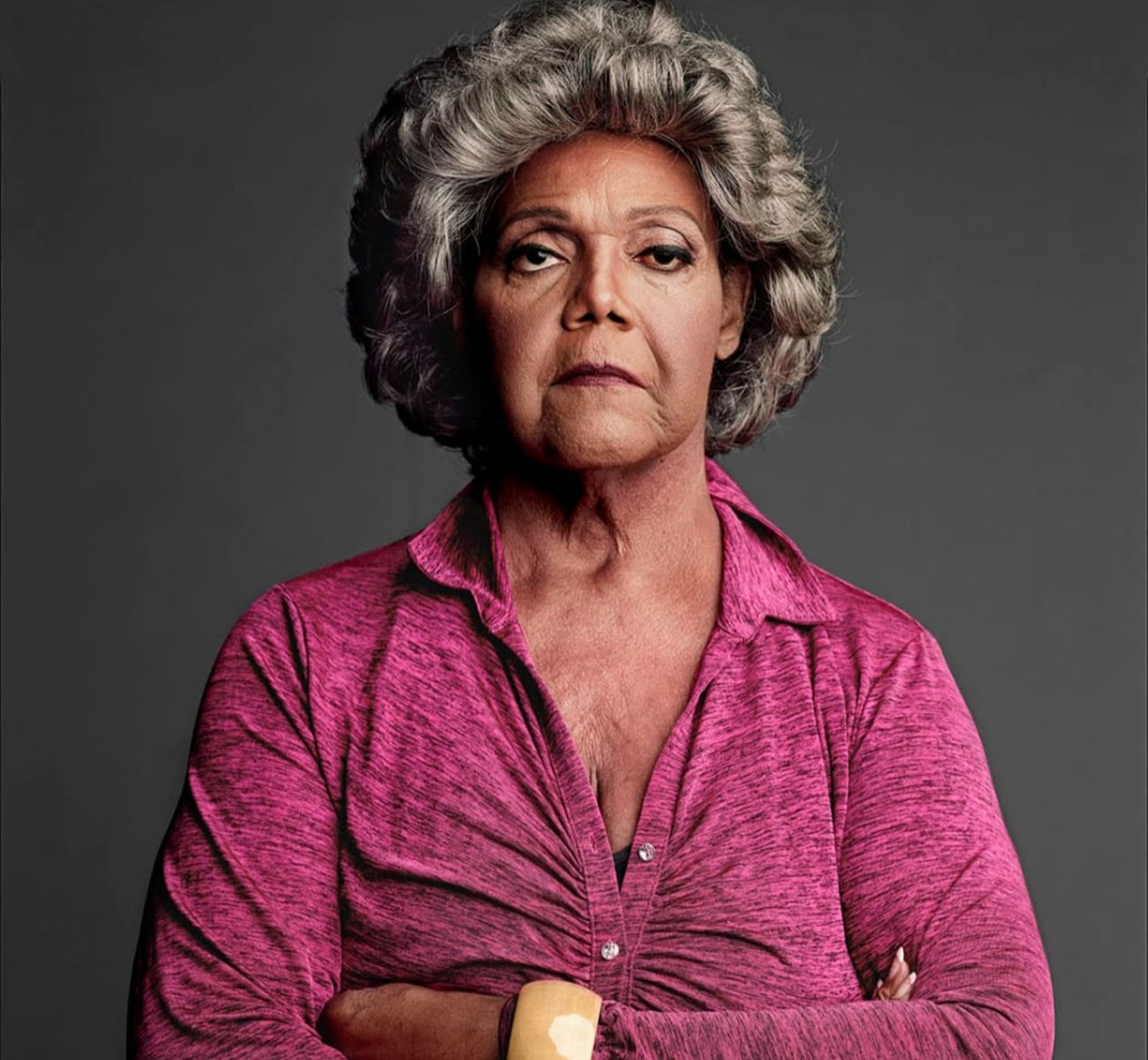
Miss Major Griffin-Gracy
Miss Major is a veteran of the historic “Stonewall Rebellion” and a survivor of Attica State Prison, a former sex worker, an elder, and a community leader and human rights activist. [Read more]
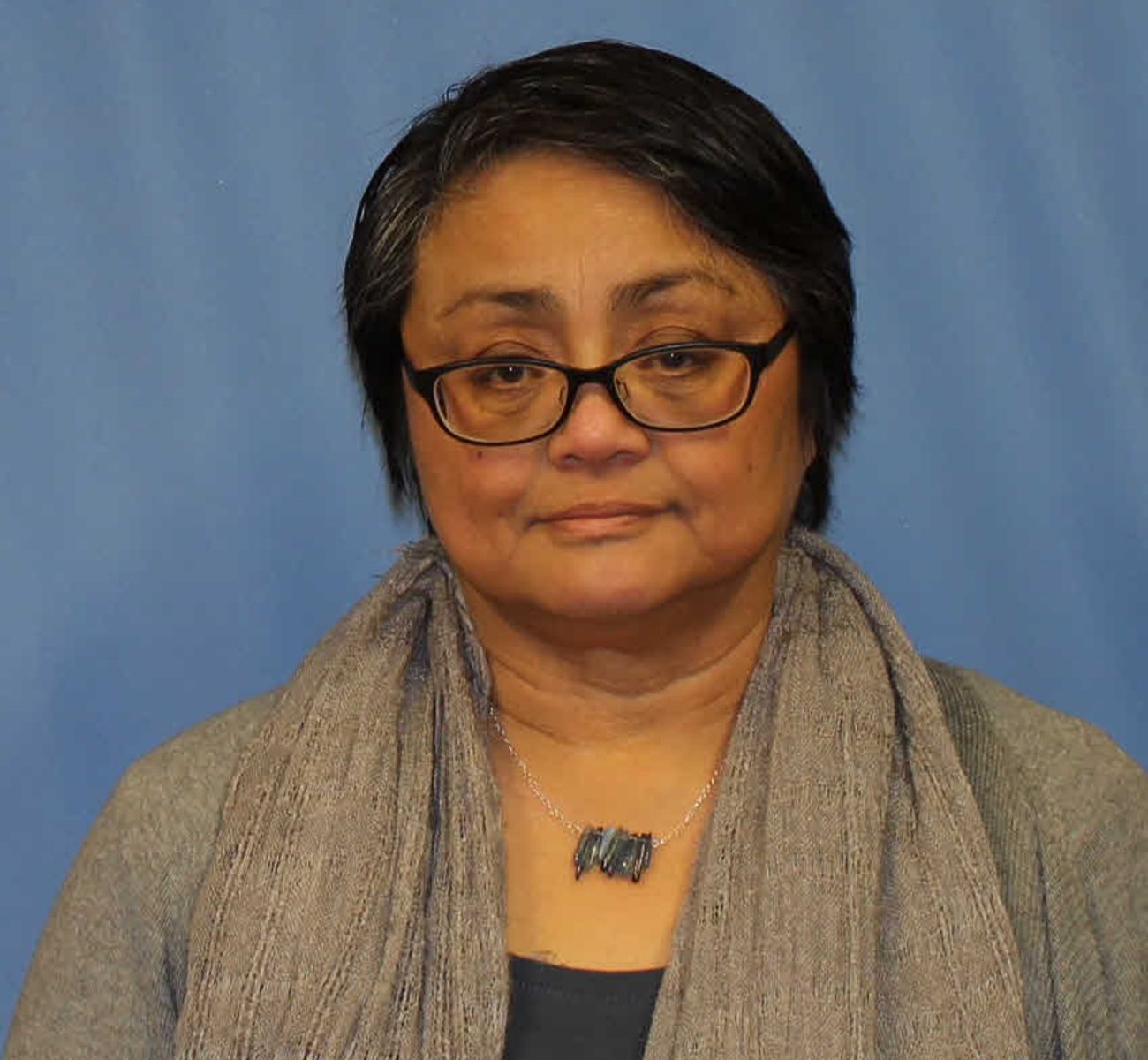
Norma Timbang
Norma Timbang provides private consulting and facilitation toward transformative and transitional processes for human and health services, policy advocacy, grassroots, academic, community, and social justice organizations. [Read more]

